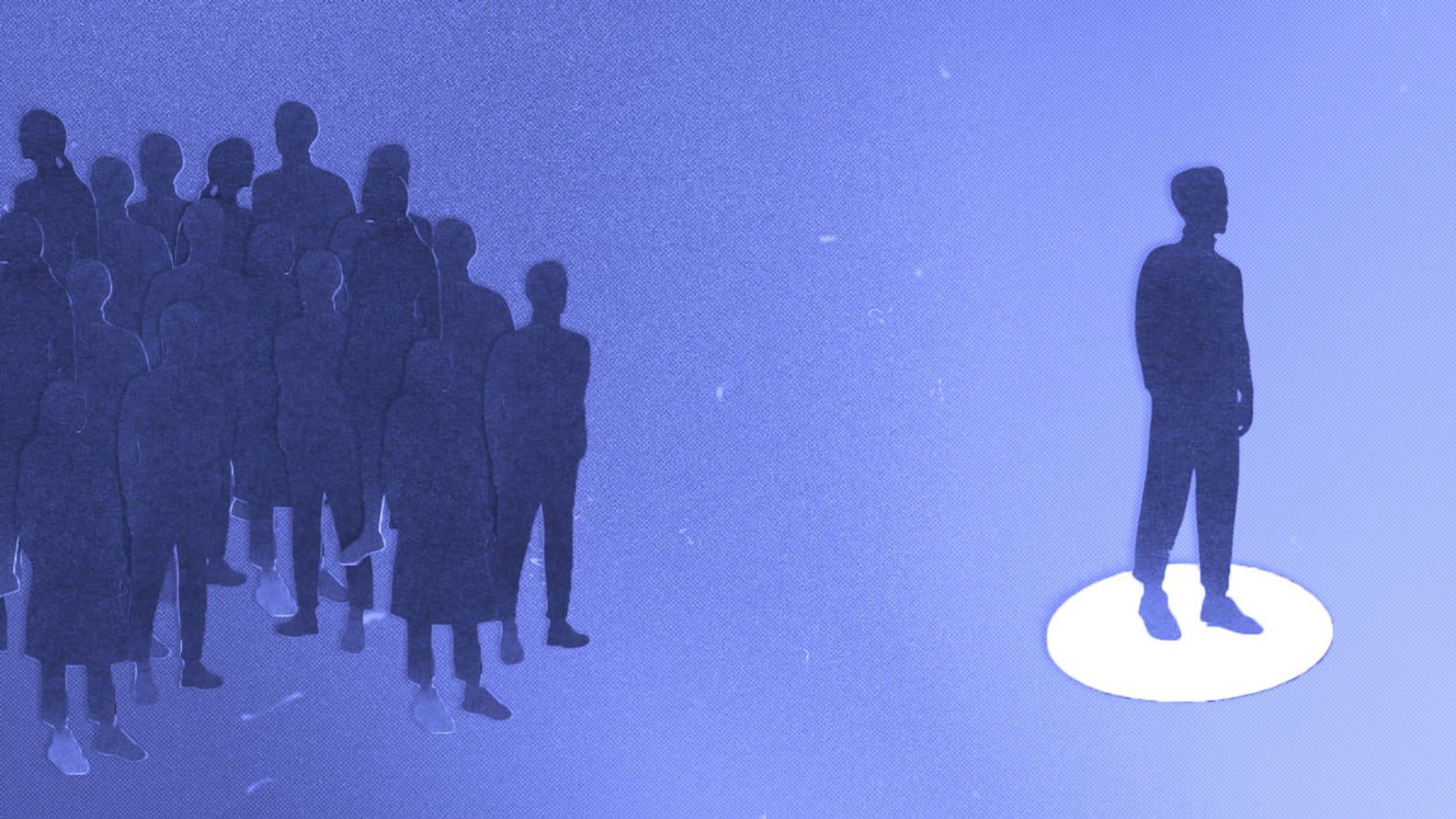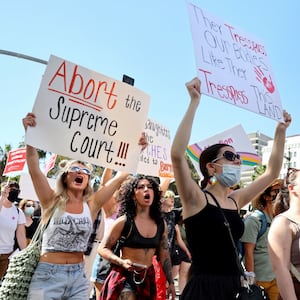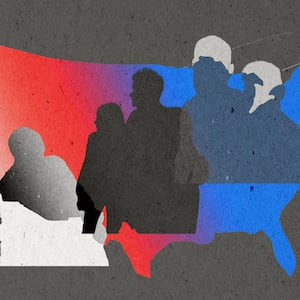If pressed to come up with a silver lining to the COVID-19 pandemic, some Americans might say that the health crisis taught them to value friendships.
I agree, but only to an extent. In my case, the loneliness and social isolation prompted by the health crisis taught me that I preferred having fewer relationships as long as the ones I do maintain are of greater intimacy and higher quality. Two and a half years of dodging COVID-19 helped me “unfriend” the concept of maintaining superficial friendships.
Learning to “lean in” to loneliness replenished my soul. In the pre-COVID era, I didn’t know myself well. What I did know, I wasn’t fond of. Bruce Springsteen had it right. In his song “Better Days,” The Boss wrote: “It’s a sad man, my friend, who’s livin’ in his own skin and can’t stand the company.”
COVID changed that. Now I sense that I’m not alone in not minding being alone.
In the pre-COVID days of 2019, a YouGov survey found that millennials—the cohort of Americans who, according to the Pew Center, were born between 1981 and 1996—are getting by without many friends. They don’t put a high value on friendships or see them as essential to a life well-lived. And so they don’t put in the time and effort necessary to cultivate those relationships—prioritizing work and family instead.
According to the survey, millennials are more likely than older generations to report that they have no acquaintances; 25 percent compared to 14 percent of Gen X-ers and just 9 percent of Baby Boomers. They’re also more likely to say they have no friends (22 percent compared to 16 percent of X-ers and percent of Boomers), no close friends (27 percent versus 22 percent of X-ers and 16 percent of Boomers), and no best friends (30 percent versus 27 percent of X-ers and 25 percent of Boomers).
It’s not just the youngsters who are, these days, getting by with fewer friends. In May 2021, an American Perspectives Survey by the Survey Center on American Life found that Americans have fewer close friendships than they once did, talk to friends less often, and rely less on friends for support.
Much of the change is likely due to the pandemic. Yet the survey also lists other factors as contributing to this trend—from the fact that Americans are moving around the country more, to the fact that parents are spending more time with their children which leaves less time to maintain friendships.
The study also revealed an interesting paradox: About half of Americans report having lost touch with at least one friend during the pandemic, but nearly as many say they made a new friend over this same time period.
Much of this makes sense to me. I also disregard, undervalue, and neglect friendships these days. I’m not proud of it, but I admit it.
Here, I have to say something to the relatively few friends I do have, and the many folks who might consider me a friend even though I see them as more of an acquaintance: It’s not you. It’s me.
Just ask my wife of twenty years—who hails from Guadalajara, Mexico, and who has always been wiser and more emotionally well adjusted than me. She attracts friends like a flower attracts bees. There is always another girlfriend who’s having another birthday, and all my wife’s Latina friends have to go celebrate. Meanwhile, she teases me that I have no friends.
That’s not quite true. But it’s close to true. I have a lot of casual relationships, many of them through work or within the neighborhood in which I live. But I have very few close friends—people who I know will take me as I am without trying to change me, persuade me or convert me to their point of view. The friends I value most are the ones I’ve had the longest. My high school and college friends are a constant presence in my life. They’re always around.
However, most of the time, I’m alone. And that suits me fine. As for how I got here, there isn’t just one answer.
I put a lot more time and effort into family and work. And social media puts up more barriers between people than it knocks down. I uprooted for school and work, and I moved around the country a lot. The people I met—and with whom I forged relationships—are scattered throughout a dozen states.

Like many Americans, I’m constantly busy, and the array of electronic devices that were supposed to save me time wound up sucking up more and more of it.
I also work at a craft (writing) where loneliness is practically a job description and in a profession (journalism) where it sometimes seems everyone wants something from you, or dislikes you even though they’ve never met you.
Last but not least, I’m part of the first generation of spouses that married our “best friends.” If your best friend doubles as your husband or wife, the friend dynamic is going to take a back seat to the marital bond.
It was different for my dad. He would never have referred to my mom as his “best friend.” He has a real best friend, Frank Lopez, who he met in high school over 60 years ago. They took their families on vacations together, when we were growing up. They live in different cities, but they saw each other just a few months ago.
I cannot relate. Preserving friendships takes work. I get distracted. I slack off and focus my attention elsewhere.
In early 2020, I was already on the brink of living a life without many friends. Then came COVID-19, which pushed me into the abyss. Weeks turned to months, and months turned to years.
My wife was climbing the walls, anxious at not being able to socialize with her friends. All the while, I was becoming more and more comfortable with being alone, apart, even anti-social. I stayed connected to a few people through phone calls, and video conferencing. But, as time went on, I missed the direct physical contact of work lunches or neighborhood parties less and less. It got to the point where, eventually, I craved the quiet and isolation of being locked up.
In the past five years, a lot has changed for me—and I would imagine, for the whole country. In the same way that living through a pandemic conditioned Americans to cope with not being able to visit libraries, museums, or movie theaters (and now that those places have reopened, many of them haven’t found their way back), many Americans have learned to live without friends. A lot of us have become more “friend optional.” Or at least we don’t feel compelled to collect as many friends as possible—as a way of measuring our worth—the way some people used to do before COVID-19 turned our lives upside down.
Better to have a few close friends and invest the time to fully develop and cultivate those relationships than to rack up thousands of artificial relationships with imaginary “friends” on social media sites.
Some of you may be tempted to feel sorry for those of us who don't overvalue friendships. Spare us your pity. We may just have the right idea.








